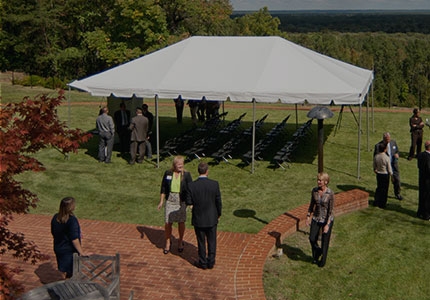12 Steps or Something Else?
Alcoholics Anonymous (AA) is the granddaddy of mutual help groups for alcohol addiction. Founded in 1935, AA has helped millions of people in the U.S. and around the world achieve sobriety and overcome the damage caused by alcoholism to their lives and relationships. AA has also inspired many offshoots, including Narcotics Anonymous, Sex Addicts Anonymous […]









